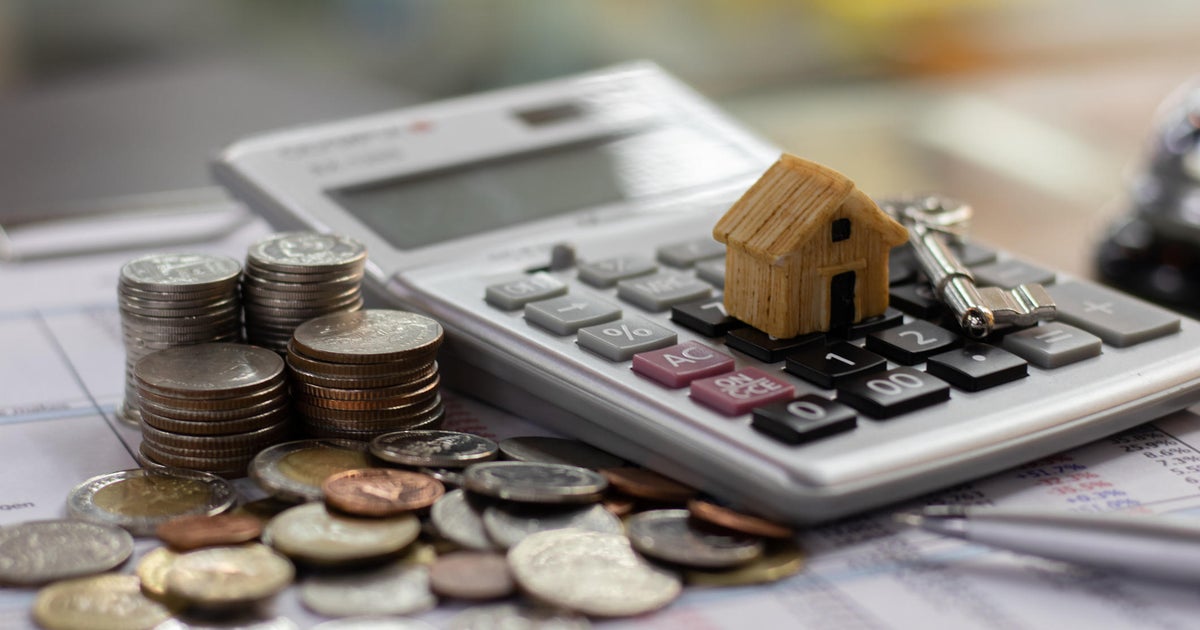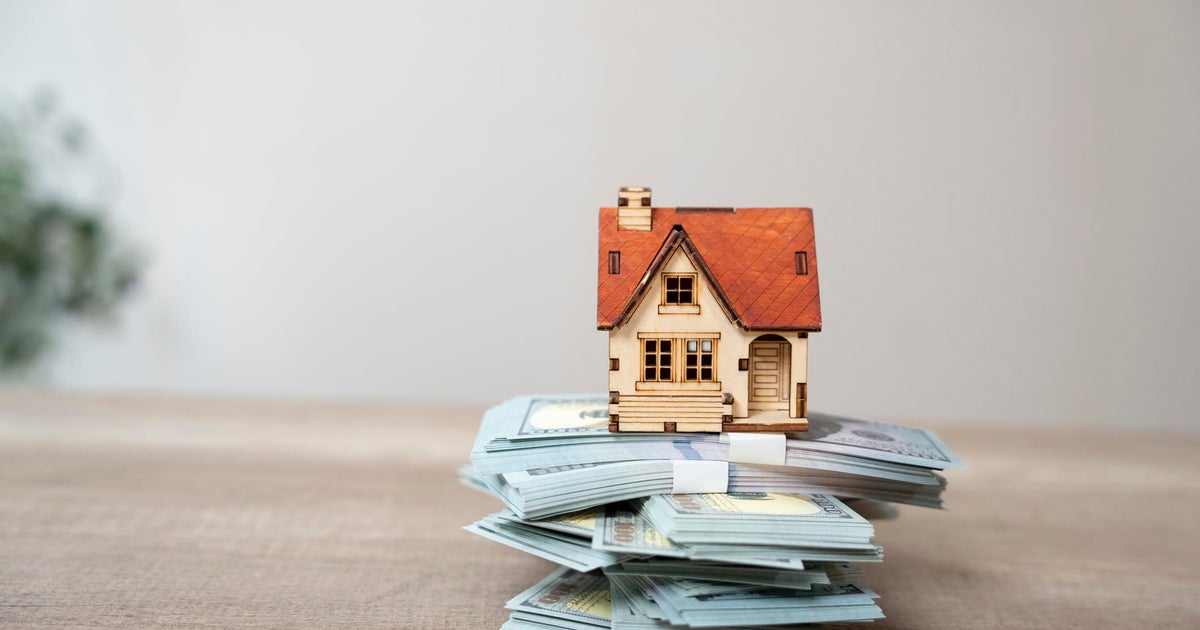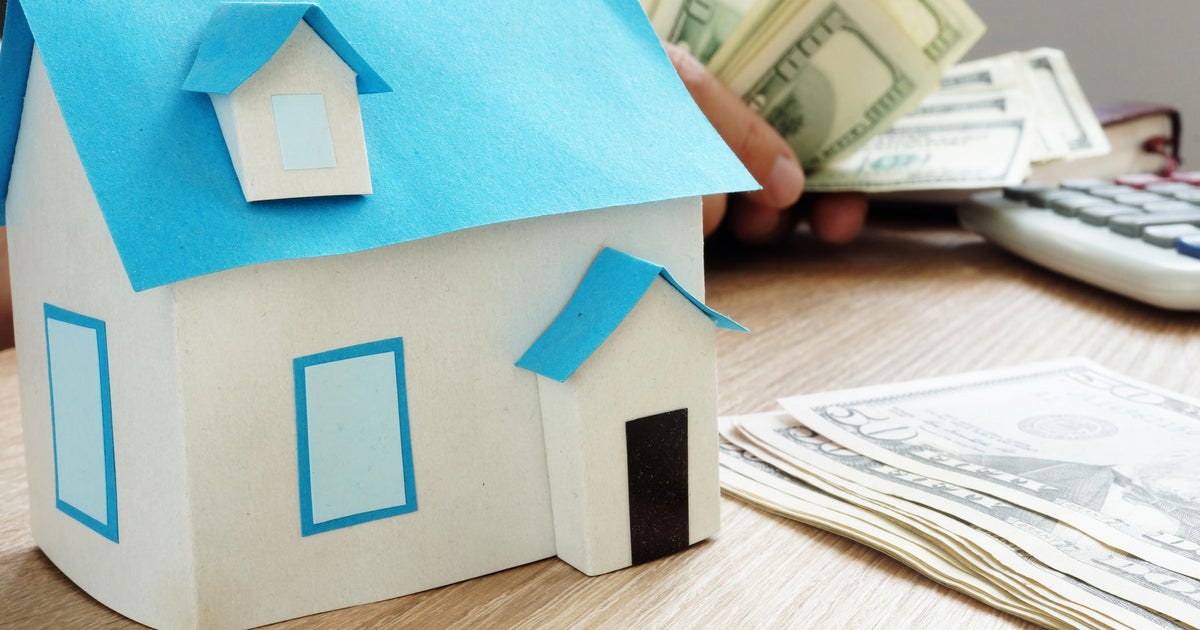How much does a $200,000 home equity loan cost per month now that rates are cut?
As inflation and interest rates rose in recent years, so did the home equity for many homeowners. Right now, levels are at record highs, with the average homeowner possessing close to $330,000 worth of equity. That means owners can easily borrow a six-figure sum while still maintaining a healthy portion of the equity to potentially use at a later date. And there are multiple, cost-effective ways to do so right now, with home equity loans and home equity lines of credit (HELOCs) two of the more attractive alternatives.
Many would prefer a home equity loan now, thanks to its fixed, lower interest rate compared to the higher, variable rate that HELOCs come with. And home equity loans are becoming more affordable now that the Federal Reserve has started cutting interest rates. Before getting started, however, it's critical to calculate the potential monthly costs of a home equity loan to determine how affordable it is for your unique circumstances. A $200,000 home equity loan could provide homeowners with that aforementioned balance between funding now and maintaining a six-figure sum of equity for the future. Below, we'll calculate how much a $200,000 home equity loan costs per month now that rates have been cut.
See how low of a home equity loan rate you could secure here.
How much does a $200,000 home equity loan cost per month now that rates are cut?
The average home equity loan interest rate is 8.36% right now but it's slightly higher when tied to two common repayment periods: 8.46% for 10-year home equity loans and 8.37% for 15-year loans. Here's what a $200,000 loan would cost monthly, then, tied to those two terms:
- 10-year home equity loan at 8.46%: $2,475.44 per month
- 15-year home equity loan at 8.37%: $1,954.27 per month
While you'd save hundreds of dollars per month by pursuing the longer-term home equity loan, it'll cost you much more in interest over the life of the loan. The 10-year version, for example, has a total of $97,052.46 in interest to be paid while the 15-year one has $151,768.31 – a difference of approximately $54,700. But only you will know what you can afford each month.
So, in some circumstances, the 15-year home equity loan may still be better, even if it means paying more in interest over time. And remember that home equity loan interest is tax deductible if used for eligible home repairs, so it may ultimately prove to be less of a concern than it seems on paper.
Get started with a home equity loan online today.
Don't forget about your credit score
Remember that the above interest rates are what's available right now for qualified borrowers – emphasis on "qualified." That means that you'll only be eligible for the above rates if you have a good to excellent credit score and a clean credit history. If you don't, the rates offered may be higher and your monthly payments will be higher, too. So take steps now – before applying – to boost your credit score as high as possible. With interest rates on a downward trend, you may have some extra time to improve your credit before pursuing a home equity loan, specifically.
The bottom line
Right now, a $200,000 home equity loan comes with monthly payments between $1,475 and $1,955, approximately. But as rates decline further, home equity loan rates are likely to fall as well. Still, if you don't have a good credit score, you won't be eligible for those lower rates. So, first, boost your credit as much as you can. Then, start shopping for lenders to find the best one for your unique borrowing circumstances.




